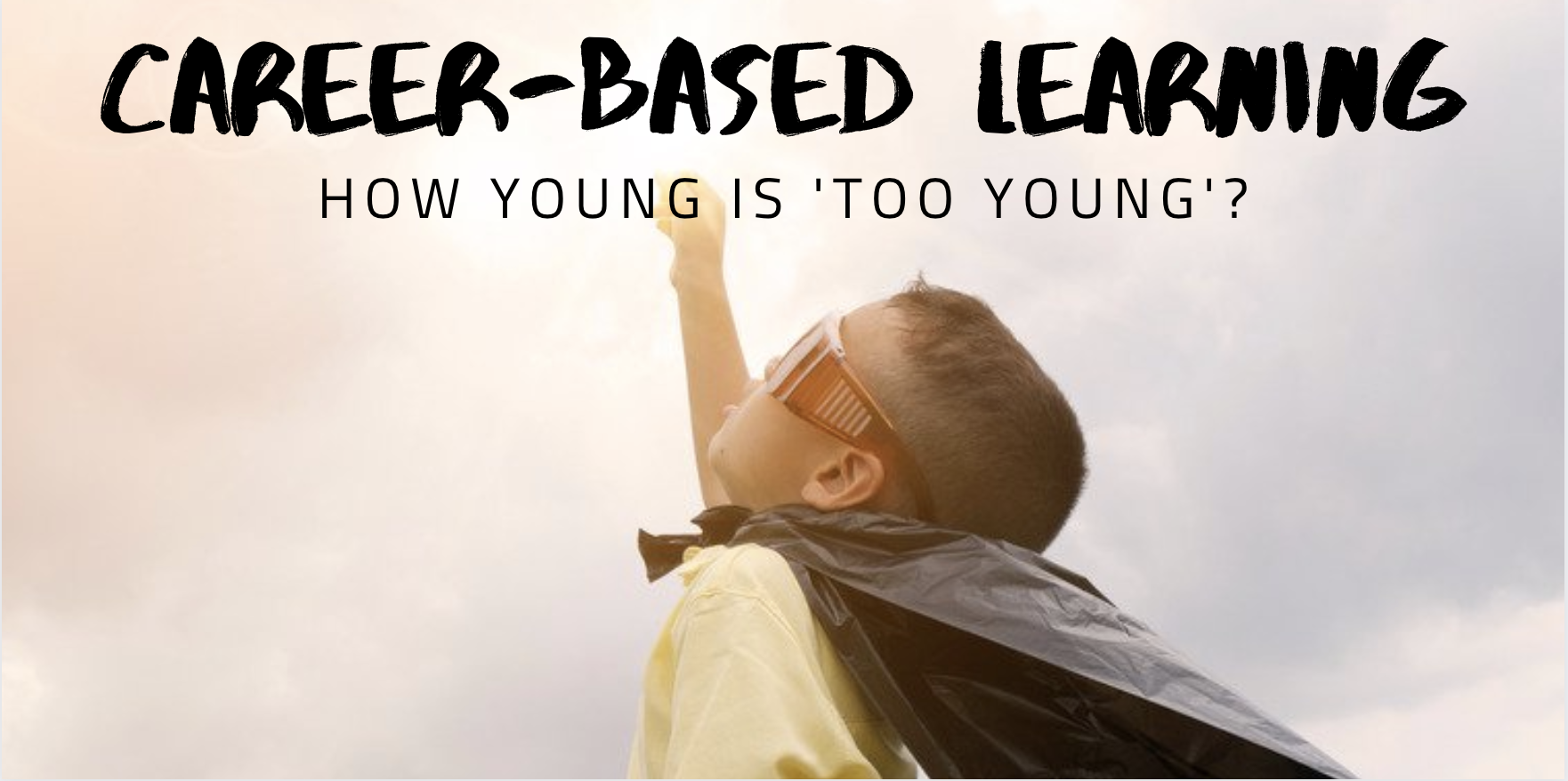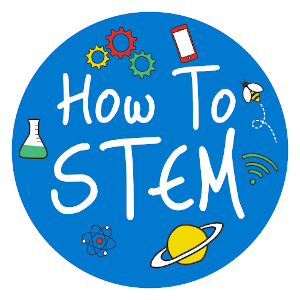
What did you dream of being when you grew up? A footballer? A vet? A popstar? Ask this question to a class of children today and you may even have ‘vlogger’ or social media influencer thrown into the mix. New research published in January 2020 by the charity Education and Employers found that career aspirations are shaped early, from as young as seven. The report also found a disconnect between the careers children aspire to have and the demand in the UK economy.
Children form their career aspirations from an early age. What we don’t always appreciate is how set these views become while they’re still in primary school. The older children get, the harder their aspirations become to challenge. Crucially, children often aspire to do jobs that they are exposed to. This could be the jobs their parents do or those they’ve seen on the TV and elsewhere in the media. A child could be fascinated by insects but if they’ve never met or heard of a naturalist or an entomologist, how could they possibly aspire to be one?
As educators, we see the passions, talents and skills of the children we educate. However, we can’t expect them to know how to put these to use. A child might have a flair for science but the only careers they might know in science are a doctor, science teacher and a scientist. If they can’t see themselves in one of those jobs then it’s easy to lose engagement with the subject. Career-based learning helps children to make real-world links between what they’re being taught in lessons and the world of work. Through career-based learning we can not only challenge early perceptions and stereotypes, we can also widen career aspirations.
Giving children activities that expose them to the world of work from an early age isn’t daft, it’s helping to give them the best start in preparing for their futures. As soon as children are learning in school, they should be thinking about why they are learning it and where it could be put to use.
Here are a few things you can do to promote career-based learning in your primary school:
Bring in professionals
Invite visitors in to speak to the children about their careers. Putting a note in the school newsletter for interested parents/carers is a great place to start You could also reach out to local businesses, universities, museums or the STEM Ambassador scheme. Where possible, try to challenge children’s stereotypes. For example, meeting a female engineer or a male nurse could go a long way to changing perceptions. If it’s a struggle to fit visitors in to an already fit-to-burst timetable, consider introducing them in the form of a monthly whole-school ‘career assembly’.
Look to the future
While the future is unknowable, there are certain trends and scenarios that give us clues as to what the world of work will look like when the young people we teach enter it. For example, we’re likely to see an increase in applications of artificial intelligence, manufacturing innovation, construction and in improved transportation. We can also predict global challenges in areas including climate change, clean growth, the aging population and the diagnosis and treatment of diseases. Keep abreast of new developments and discuss them with your class.
Make real-world links
We can all relate to sitting in a lesson thinking ‘what’s the point in learning about this? How is this ever going to be useful to me?’ Pre-empt this by making learning relevant to the children’s lives and giving it a real-world purpose. This could simply be by having a discussion at the start of a new area of maths learning about how we might use it in everyday life, or it might be by giving the class a problem-solving activity with a real-world context.
Begin with a question
Introduce learning with a real-life problem or question. For example, ‘how can we provide shelter for people after natural disasters?’ Then stand back and let the children explore their own ideas and research the problem further, supporting where needed with additional instructions. Link the learning to conceptually similar careers, which, in the example given could be architect or environmental engineer. Introducing different careers through this kind of enquiry-based approach not only contextualises learning but may well sow the seed for inspiring the future generation into a range of in-demand UK industries.
You can read the full report here: https://www.educationandemployers.org/wp-content/uploads/2020/01/Disconnected-Career-aspirations-and-jobs-in-the-UK-1.pdf




